Edward Johnson, Managing Director at Keter UK, said: "To address the environmental challenges we face as a society, we must collaboratively work to live more sustainably. Through this commitment, the Keter business, our people and our products intend to be a force for change by having a lasting and positive impact and helping to encourage sustainable living and the creation of long-lasting products. This is a significant milestone for the company and takes a holistic look at the influence and impact we can have to build a greener and better world."
In concrete terms, the manufacturer of home and garden products has drawn up five pledges for the next five years: 1. A share of 55 per cent of recycled material in total production; 2. No manufacturing of consumer products made from single-use plastics, 3. 25 per cent less production-related greenhouse gas emissions; 4. No disposal of production waste to landfill; 5. Programmes for end of life product returns in all regions.
To achieve these goals, Keter wants to concentrate on three areas: "Better products for better places" - this addresses the circular economy in product design and product manufacturing in order to extend lifespan and useful life. "Better planet" - a better operating efficiency as well as measures for more environmental friendliness are aimed at contributing to this goal.
Recycling plays a significant role in this context. Keter is by far the largest user of recycled materials in the industry, according to the company. What is more, post-consumer waste is primarily put to use. By using new technologies and processes, products in colours other than black and anthracite are also possible, even transparent.
Recycled materials are used in all product groups. Some garden furniture, cupboards and storage boxes, for example, are already completely made from them. This is also communicated to consumers by Keter from a share of 80 per cent.
"Better business" - the third point - focuses on the larger social benefit through ethical behaviour and investment in the community. For example, Keter wishes to enhance gender diversity and increase their number of female employees. This currently lies at 54 per cent throughout the company in the DACH region. On a management…

 Menü
Menü




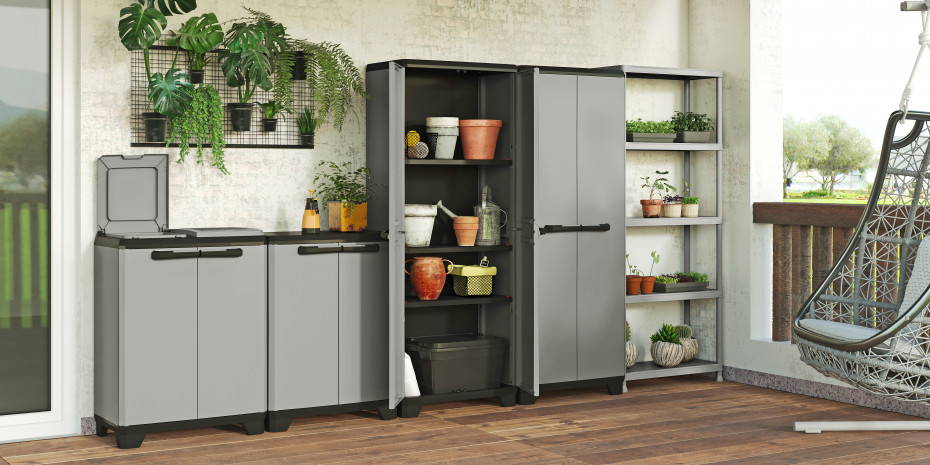

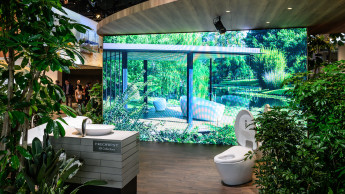

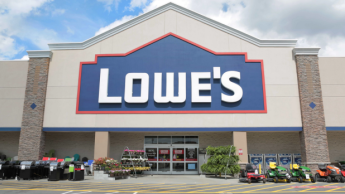
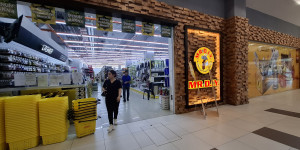


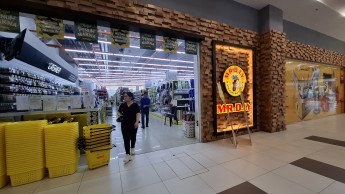


 Newsletter
Newsletter